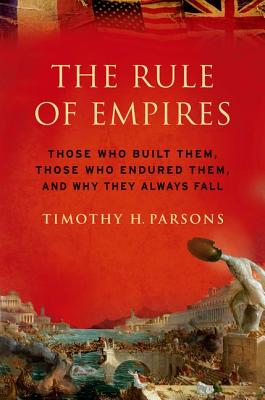Expedite your nonfiction book discovery process with Readara interviews, summaries and recommendations, Broaden your knowledge and gain insights from leading experts and scholars
In-depth, hour-long interviews with notable nonfiction authors, Gain new perspectives and ideas from the writer’s expertise and research, Valuable resource for readers and researchers
Optimize your book discovery process, Four-to eight-page summaries prepared by subject matter experts, Quickly review the book’s central messages and range of content
Books are handpicked covering a wide range of important categories and topics, Selected authors are subject experts, field professionals, or distinguished academics
Our editorial team includes books offering insights, unique views and researched-narratives in categories, Trade shows and book fairs, Book signings and in person author talks,Webinars and online events
Connect with editors and designers,Discover PR & marketing services providers, Source printers and related service providers

Rule of Empires: Those Who Built Them, Those Who Endured Them, and Why They Always Fall
History > World - General
- Oxford University Press, USA
- Paperback
- 9780199931156
- 9.2 X 6.1 X 1.4 inches
- 1.45 pounds
- History > World - General
- (Single Author) Asian American
- English
Readara.com
Book Description
Writing from the perspective of the common subject rather than that of the imperial conquerors, Parsons offers a historically grounded cautionary tale rich with accounts of subjugated peoples throwing off the yoke of empire time and time again. The book takes us inside ancient Rome's conquest of Britain, Muslim rule in Spain, Spain's empire in Peru, Britain's new imperialism in India and Kenya, and the Third Reich's occupation of France, among other examples. Parsons illuminates the features common to all these empires, their evolutions and self-justifying myths, and the reasons for their inevitable decline. He argues that far from confirming some sort of Darwinian hierarchy of advanced and primitive societies, these conquests were invariably the product of a temporary advantage in military technology, wealth, and political will. And beneath the self-justifying rhetoric of benevolent paternalism and cultural superiority lay a naked desire for power--in short, to loot the wealth and exploit the labor of conquered peoples. Imperial ambitions are still viable in the twenty-first century, Parsons shows, because their defenders and detractors alike employ abstract and romanticized perspectives that fail to grasp the historical reality of subjugation.
In providing an accurate picture of what it is like to live as a subject, The Rule of Empires lays bare the rationalizations of imperial conquerors and their apologists and exposes the true limits of imperial power.
Author Bio
As a social historian of twentieth century Africa, my research focuses on understanding how ordinary people experienced imperial rule and the transformation of colonies into nation states.
My books to date have explored how Africans from diverse walks of life navigated the shifting realities of repression and opportunity that emerged during the imperial and early national eras.
Building on this earlier work, I am currently pursuing several research projects.
- The Historical Geography of Kenyan Identity Formation
- Kenya Becomes a Nation State: Expected and Unexpected Outcomes of Competitive National Imagining During the Transfer of Power, 1959-1972
- A World History of the Twentieth Century
Employment
- Professor, Washington University in St. Louis, 2006 to the Present.
- Director, International and Area Studies, 2010 to 2015.
- Director of Graduate Studies, Department of History, Washington University in St. Louis, 2005 to 2011.
- Associate Professor, Washington University in St. Louis, 2002 to 2006.
- Director, African and Afro-American Studies Program, Washington University in St. Louis, 2003 to 2005, co-director 2013.
- Assistant Professor, Washington University in St. Louis, 1996 to 2002.
Education
- Johns Hopkins University, Ph.D., 1996
- George Washington University, M.A., 1991
- Wesleyan University, B.A., 1985
Source: Washington University in St Louis
Videos
No Videos
Community reviews
No Community reviews

